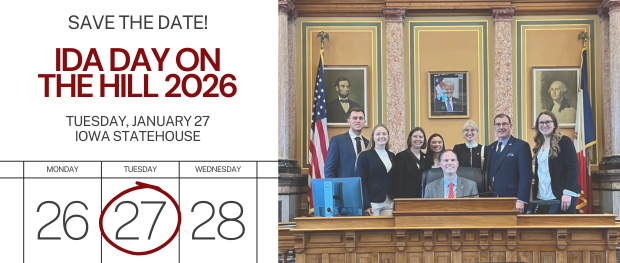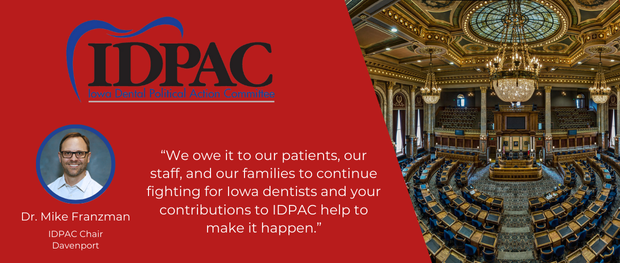Q3 ADA Newsletter from District 10 Trustee, Dr. Sara Stuefen
The ADA Board of Trustees is committed to keeping our fiduciary responsibility and focus on funding programs that prioritize member success and our strategic forecasting goals. After several years of investments in critical upgrades to our organization’s systems, advocacy efforts, and key priorities, the Board took a deep dive into the costs of all ADA programs. In April, the Board rescinded its earlier approval of the 2025 Financial Operating Plan because of inaccuracies. A new 2025 budget was approved in July which reduces expenses by more than $20 million compared to initial spending estimates. These reductions will impact certain programs and teams, but the decisions were made carefully after collaboration with key stakeholders. Difficult decisions and conversations will continue as we look to the 2026 budget, but I have no doubt that we can face this challenge and emerge stronger and more unified on the other side.
Our advocacy team has been hard at work and achieved a big win with full restoration of the Pass Through Entity Tax (PTET) deduction. This avoided a nearly 5% tax increase on dental practices and preserved tax parity for small business dentists. Elimination of this deduction was initially proposed in the House version of the One Big Beautiful Bill Act, but the ADA lobbying team went to work to protect dentistry from this tax hike. Thanks to our members, over 11,000 grassroots letters were sent to Capitol Hill and our voices were heard. Other tax provisions that will benefit dentists include a 20% small business income deduction, restoration of 100% bonus depreciation, new domestic research tax incentives, preservation of a 21% corporate tax rate, and $40,000 individual SALT deduction.
Although this is a big win for dentists, there is still work to do. There are concerns about the impact that the One Big Beautiful Bill Act will have on student loans. With elimination of the GradPlus loan program, capping lifetime financial aid amounts, and limiting loan repayment options, the ADA is concerned about these new barriers for dental students. The Act also includes provisions that may cause states to make difficult decisions regarding adult dental Medicaid benefits. Our advocacy team is committed to working to address these challenges.
Lastly, our association management system (AMS) transition moves ahead and continues to make great strides. As discussed in previous newsletters, our transition has been rocky and we are committed to improving the implementation. A special audit of AMS costs is underway and will examine the key financial aspects of the AMS adoption and implementation, including contract terms, deliverables, payments issued, and approval processes. This audit is being done in addition to the annual financial audits. We expect a final report to be presented to the Board in August. As of July, our AMS is at 60% stability with a target of 90% by September to ensure a smooth membership renewal season. This stabilization is our highest priority as it is essential for our states, membership efforts, and communications.
While challenges remain, your ADA Board is committed to addressing them with transparency, collaboration, and strategic focus. With continued unity and resilience, we are confident in our ability to strengthen the ADA and protect the future of dentistry.
Sara Stuefen, DDS
District 10 Trustee, American Dental Association
Vice-Chair, IDA Legislative Committee
Vice-Chair, IDPAC








